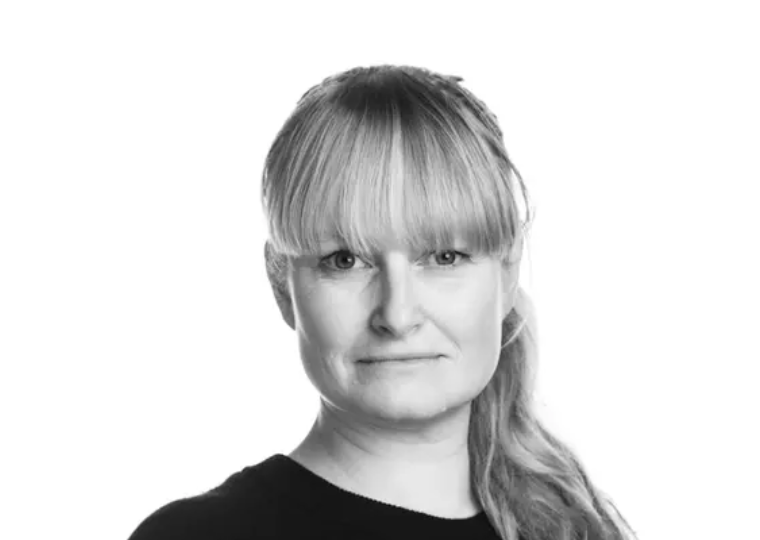Twelve-year-old Mikal lives with his parents, Jason and Tonya, in a small Florida motel room. He sleeps on the couch while his parents share the bed, separated only by a thin curtain. The bathroom doubles as a kitchen, with dirty dishes piled in the bathtub.
Even the fur shed by their cat seems to take up too much space in the cramped quarters. Norwegian filmmaker Monica Strømdahl captures this family’s life in her debut documentary “Flophouse America.” She spent years photographing people living in cheap, run-down motels across the U.S. before meeting Mikal and deciding to tell his story on film. The documentary opens with a stark statistic: 11.5% of Americans, or about 34 million people, live in poverty.
Many are forced into long-term stays at motels and hotels due to a lack of affordable housing. “I am one of them,” Mikal says. Strømdahl’s camera lingers on Mikal, revealing his disappointment when his father Jason returns late from work after a day of drinking, dashing Mikal’s hopes of a promised shopping trip for new shoes.
An unseen side of America
Loud, vicious arguments between Jason and Tonya are a constant presence as cigarette smoke fills their tiny room. At the heart of the film is Mikal’s relationship with his mother.
He begs his parents to stop drinking, expressing his fears and frustrations with a clarity beyond his years. Jason remains a more peripheral figure, failing to broker lasting peace between his wife and son. Strømdahl captures the action with natural light and long, uninterrupted shots, probing yet respectful.
When tragedy inevitably strikes, she maintains a discreet distance. Though unseen and unheard, her presence is felt throughout the intimate footage. “Flophouse America” offers an unvarnished, acutely realistic portrait of an often unseen side of American poverty and how it impacts families.
While it may prove a challenging film to market beyond the festival circuit, it’s a story that deserves a wider audience.










